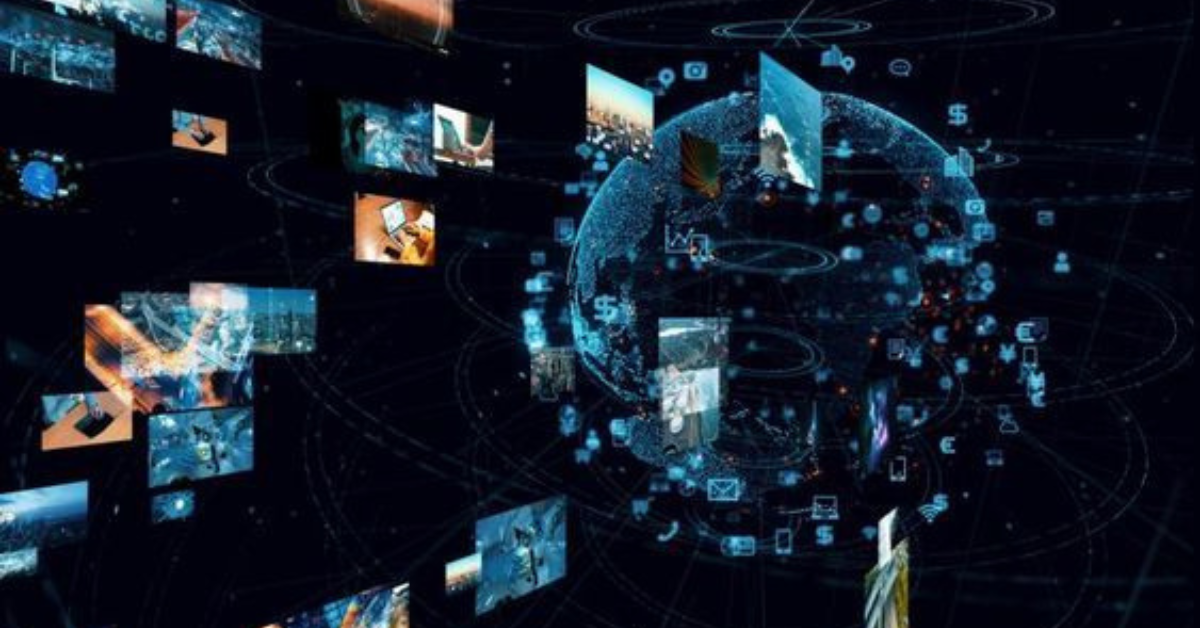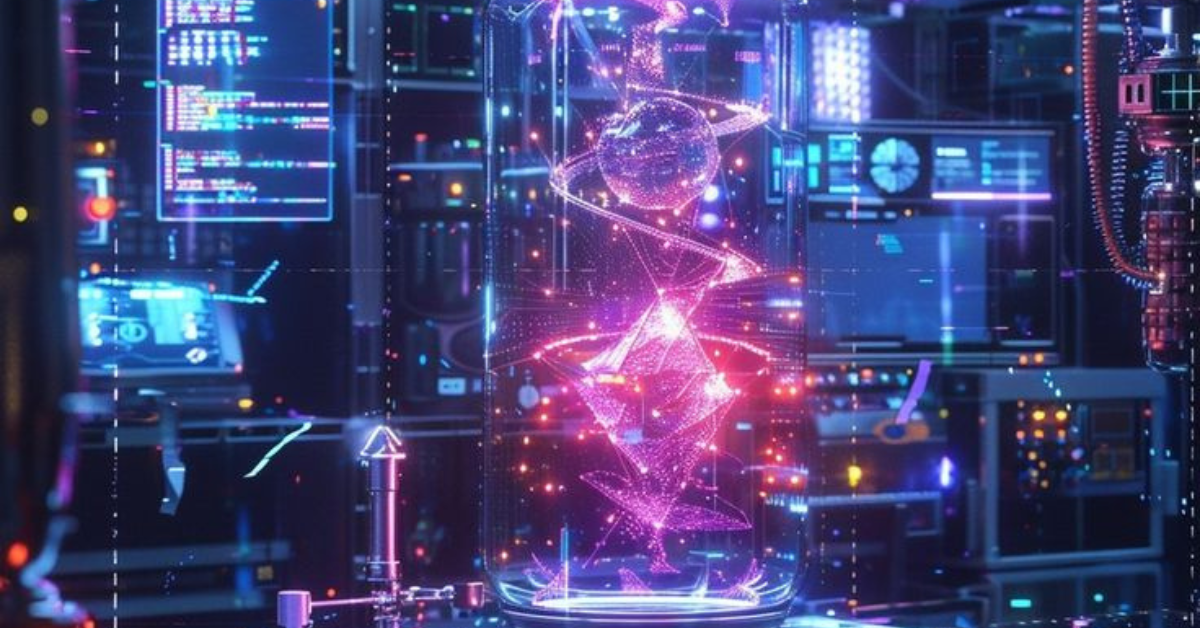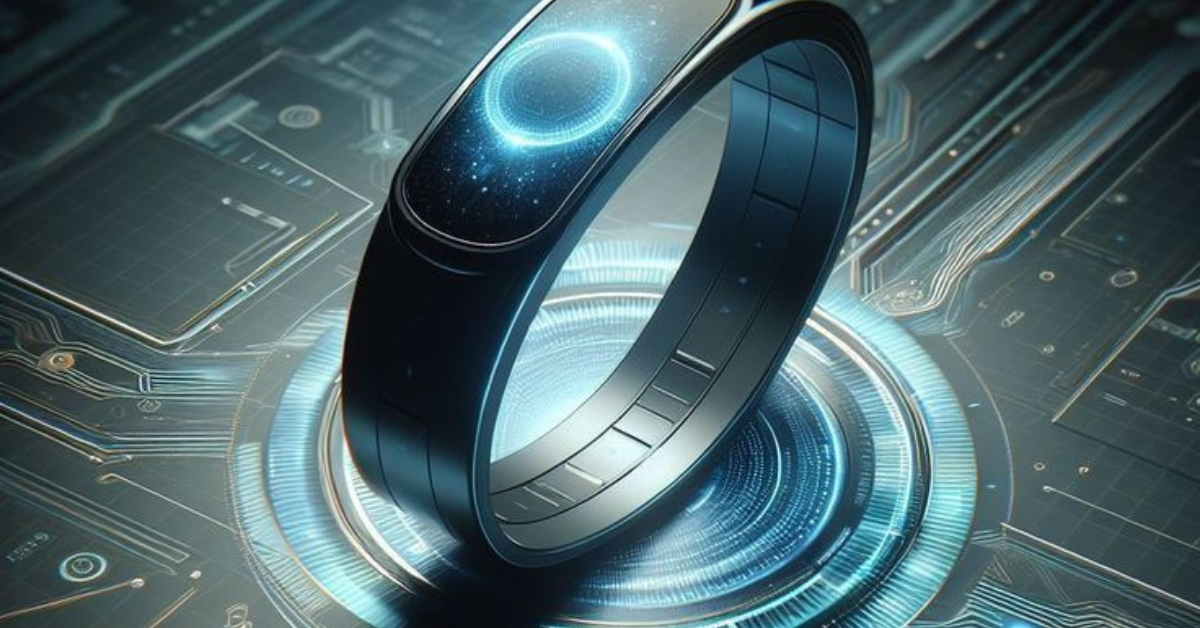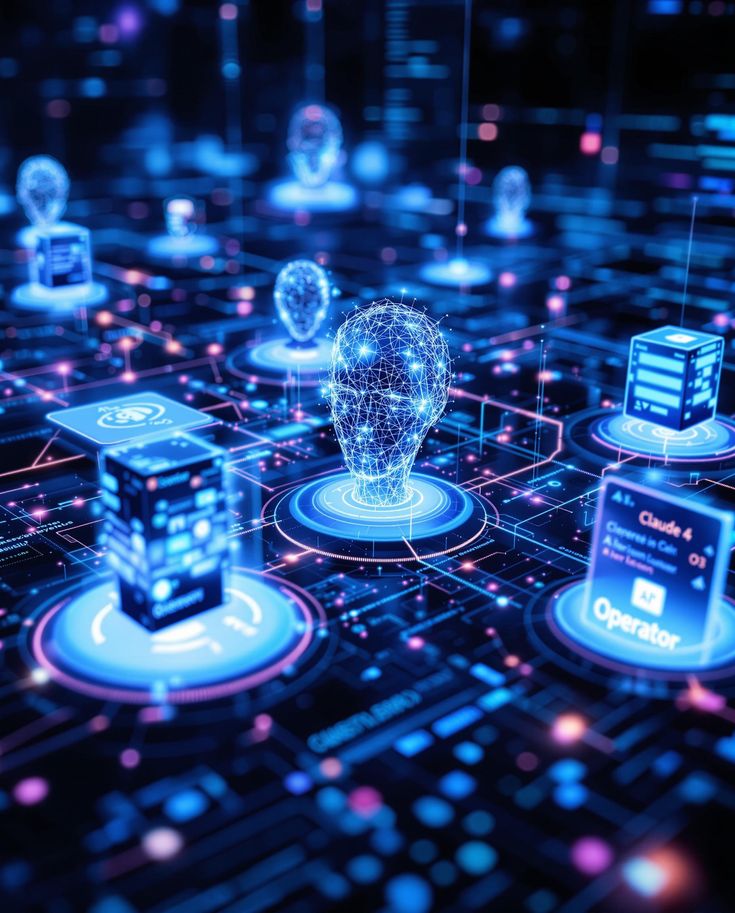In today’s fast-evolving digital landscape, technology is no longer just a tool—it’s the heartbeat of global progress. From artificial intelligence to space exploration, new-age innovations are redefining how we live, work, and connect. Every invention—big or small—ripples across industries, shaping societies and transforming the way humans interact with the world around them.
Welcome to the revolution in motion—where technology meets imagination, and the impossible becomes inevitable.
The Dawn of a New Digital Era
The 21st century has ushered in a wave of unprecedented innovation. What once felt like science fiction—self-driving cars, AI companions, or virtual worlds—is now part of our everyday reality.
At the heart of this transformation is digital convergence, where artificial intelligence, data analytics, cloud computing, and automation come together to create smarter, faster, and more efficient systems.
From smart homes that respond to your voice commands to predictive algorithms that personalize your online experience, the digital era is not just convenient—it’s intelligent.
Artificial Intelligence: The Mind of Modern Innovation
Artificial Intelligence (AI) is perhaps the most influential force behind today’s technological revolution. It mimics human intelligence through learning, reasoning, and problem-solving—yet it operates at speeds and scales humans could never achieve.
AI in Everyday Life
AI is everywhere—whether it’s your smartphone’s voice assistant, a chatbot handling customer support, or a self-learning recommendation system on Netflix.
In 2025, AI has evolved beyond automation. It’s now a creative partner, capable of writing content, composing music, designing graphics, and even making medical diagnoses with near-perfect precision.
AI in Business and Industry
In corporate settings, AI streamlines operations, improves decision-making, and enhances customer engagement. Companies now leverage machine learning models to predict market trends, detect fraud, and optimize logistics.
The integration of AI with cloud computing and IoT (Internet of Things) has birthed the AIoT ecosystem, creating connected environments that think, react, and evolve autonomously.
Internet of Things (IoT): Connecting the World Around Us
The Internet of Things (IoT) connects physical devices—like cars, appliances, and sensors—to the internet, enabling them to collect and exchange data. This connectivity is reshaping industries and daily life alike.
Smart Homes & Cities
Imagine a city where traffic lights adjust in real-time to reduce congestion, streetlights dim automatically to save power, and waste management systems alert trucks when bins are full.
That’s the reality of smart cities, powered by IoT and data analytics.
At home, IoT devices like smart thermostats, lighting systems, and security cameras are transforming living spaces into intelligent ecosystems that adapt to our needs.
Industrial IoT (IIoT)
In manufacturing, Industrial IoT enhances productivity through predictive maintenance, remote monitoring, and process automation. Factories are now data-driven, enabling efficiency and sustainability at scale.
Biotechnology: Engineering a Healthier Future
While tech dominates our digital spaces, biotechnology is redefining human health. It blends biology with digital innovation, using data, genetics, and AI to develop personalized healthcare solutions.
Genomic Revolution
The mapping of the human genome opened doors to personalized medicine. By analyzing DNA, doctors can now predict disease risks and tailor treatments to individual patients.
AI in Healthcare
AI-powered diagnostics and robotic surgeries are becoming standard in modern hospitals. Algorithms can now detect cancer, diabetes, or cardiovascular risks long before symptoms appear.
Bioengineering and Regeneration
The dream of 3D-printed organs and tissue regeneration is no longer far-fetched. Scientists are developing biocompatible materials and stem-cell technologies that could one day replace damaged human organs.
Green Tech & Sustainability: Innovating for the Planet
The technology revolution isn’t just about speed or convenience—it’s about survival. As climate change intensifies, innovators are turning to green technology to protect the planet.
Clean Energy Transformation
Solar, wind, and hydrogen technologies are replacing fossil fuels at record speed. The integration of smart grids and AI-driven energy systems ensures maximum efficiency and minimum waste.
Smart Agriculture
With global food demand rising, AgriTech innovations—like autonomous tractors, drones, and data-driven irrigation—help farmers increase yield while reducing environmental impact.
Circular Economy & Waste Reduction
Tech companies are embracing sustainability through recycling initiatives, eco-friendly materials, and carbon-neutral operations. The goal is clear: a cleaner, smarter, and more sustainable planet.
Fintech: The Digital Revolution in Finance
Money is going digital. The Fintech revolution has democratized finance, breaking down barriers that once separated banks from people.
Blockchain & Cryptocurrencies
Blockchain technology has redefined transparency and trust. Beyond cryptocurrencies like Bitcoin, it powers smart contracts, decentralized finance (DeFi), and secure supply chain management.
Mobile Banking & Digital Wallets
In 2025, mobile banking isn’t a luxury—it’s a norm. Platforms like Apple Pay, PayPal, and Google Wallet have made financial transactions effortless and borderless.
AI in Finance
AI-driven financial tools analyze spending patterns, detect fraud, and offer personalized investment insights, making finance smarter and safer for everyone.
The Rise of Quantum Computing
If classical computing is powerful, quantum computing is revolutionary. By harnessing the principles of quantum mechanics, these machines perform complex calculations at unimaginable speeds.
Why It Matters
Quantum computers can solve problems in seconds that would take traditional computers millennia. From climate modeling to cryptography, their potential is limitless.
Applications in Real Life
Tech giants like Google, IBM, and Microsoft are investing heavily in quantum research. In medicine, quantum algorithms are helping simulate molecular interactions to develop new drugs faster.
The quantum age isn’t coming—it’s already here.
Virtual Reality (VR) and Augmented Reality (AR): The New Dimension
The boundary between the real and the digital world is blurring. VR and AR technologies have revolutionized entertainment, education, and even business collaboration.
Virtual Workspaces
Remote work has evolved beyond video calls. With AR-powered holographic meetings, employees across continents can collaborate as if they were in the same room.
Education & Training
From virtual classrooms to medical simulations, immersive technology enhances learning experiences, making education more interactive and effective.
Metaverse Expansion
The metaverse, powered by VR and blockchain, is creating a parallel digital universe where people can socialize, work, and trade in virtual environments.
🚗 9. Autonomous Mobility & Smart Transportation
The automotive industry is undergoing a massive transformation. Self-driving cars, drones, and electric vehicles are redefining transportation as we know it.
Electric Vehicles (EVs)
With companies like Tesla, Rivian, and BYD leading the charge, EV adoption is accelerating globally. AI-powered batteries and charging infrastructure are making electric mobility accessible and efficient.
Autonomous Vehicles
AI-driven cars use sensors, radar, and machine learning to navigate safely. In logistics, autonomous trucks are reducing delivery times and costs, revolutionizing global trade.
Urban Air Mobility
The future may see air taxis soaring above traffic-clogged cities. Drone delivery systems, powered by GPS and AI, are already reshaping e-commerce and logistics.
💼 10. The Future of Work: Humans and Machines in Harmony
As automation takes over repetitive tasks, humans are moving toward more creative and strategic roles. But this shift requires adaptation, learning, and collaboration.
AI Collaboration
AI is no longer a competitor—it’s a collaborator. Workers now use AI tools to enhance productivity, creativity, and innovation across industries.
Remote Work Evolution
The hybrid work model, supported by cloud platforms and collaboration tools like Microsoft Teams and Zoom, is here to stay. Virtual offices, powered by VR, will soon redefine professional environments.
Skill Evolution
The jobs of tomorrow will demand tech fluency. Skills in data science, cybersecurity, robotics, and AI are becoming the backbone of the modern workforce.
🔭 11. Space Tech: Expanding Human Horizons
Humanity’s reach is extending beyond Earth. From reusable rockets to lunar colonies, space technology is experiencing a renaissance.
Private Space Exploration
Companies like SpaceX, Blue Origin, and Rocket Lab are pioneering the commercialization of space. Reusable rockets have drastically reduced launch costs, making space more accessible.
Satellite Innovation
Satellites now power internet connectivity, global positioning, and environmental monitoring. Low-orbit constellations, such as Starlink, are connecting even the remotest regions of the world.
Mars & Beyond
The next decade will witness missions to Mars, asteroid mining, and possibly the first steps toward interplanetary civilization. Space is no longer the final frontier—it’s the next frontier.
💡 12. Challenges of the Tech Revolution
While innovation brings progress, it also introduces complex challenges—ethical, environmental, and social.
Data Privacy Concerns
With data powering AI and IoT systems, privacy risks have surged. Governments and tech firms must ensure transparent data governance.
Cybersecurity Threats
As connectivity grows, so does vulnerability. Cyberattacks, deepfakes, and data breaches threaten individuals and corporations alike.
Job Displacement
Automation can displace certain jobs, making upskilling and lifelong learning essential for workforce sustainability.
Digital Divide
Despite progress, millions still lack access to reliable internet or modern education, widening global inequality.
🌈 13. The Promise of Tomorrow
The revolution in motion isn’t just technological—it’s human. Behind every algorithm, invention, and discovery is a collective desire to build a better, fairer, and smarter world.
As AI grows smarter, devices become more connected, and innovation accelerates, we stand on the edge of a new civilization—one defined not by machines, but by how we use them to enhance life.
The next chapter of human history will be written not by code alone, but by creativity, ethics, and empathy.
🧭 Conclusion
The world is moving at lightning speed, powered by innovation that bridges imagination with reality. From artificial intelligence and quantum computing to green tech and space exploration, every breakthrough pushes humanity forward.
This revolution in motion is not about replacing humans—it’s about empowering them. Technology has become our greatest ally in solving global challenges, connecting people, and unlocking potential beyond imagination.




